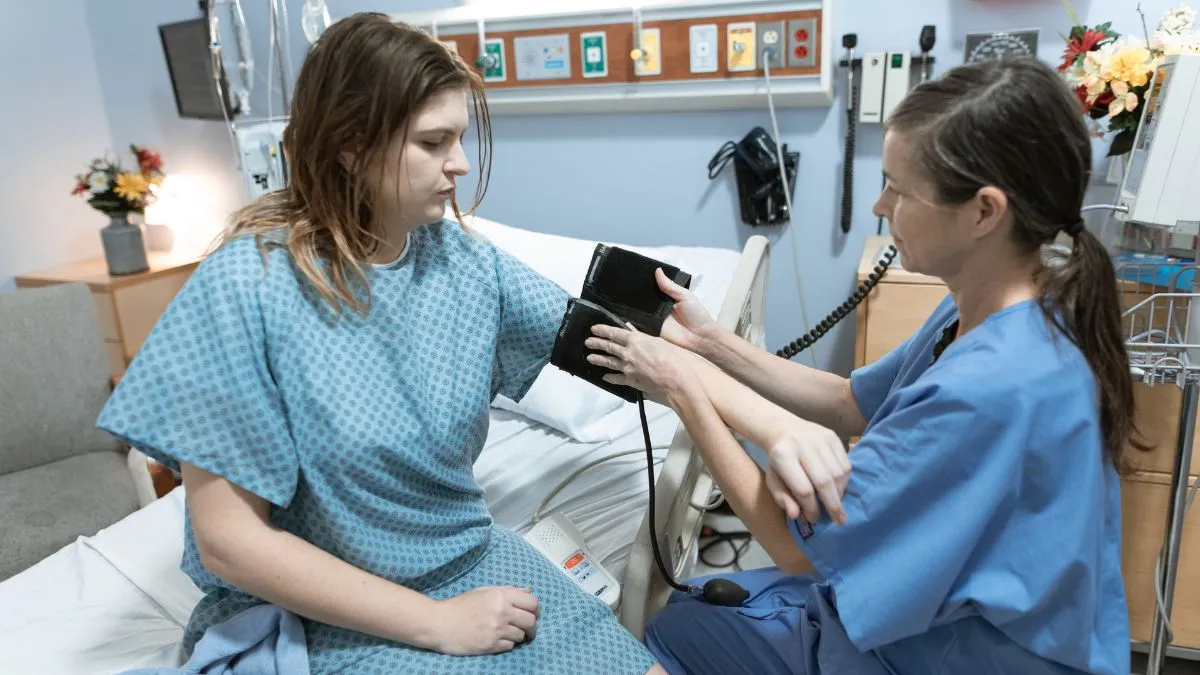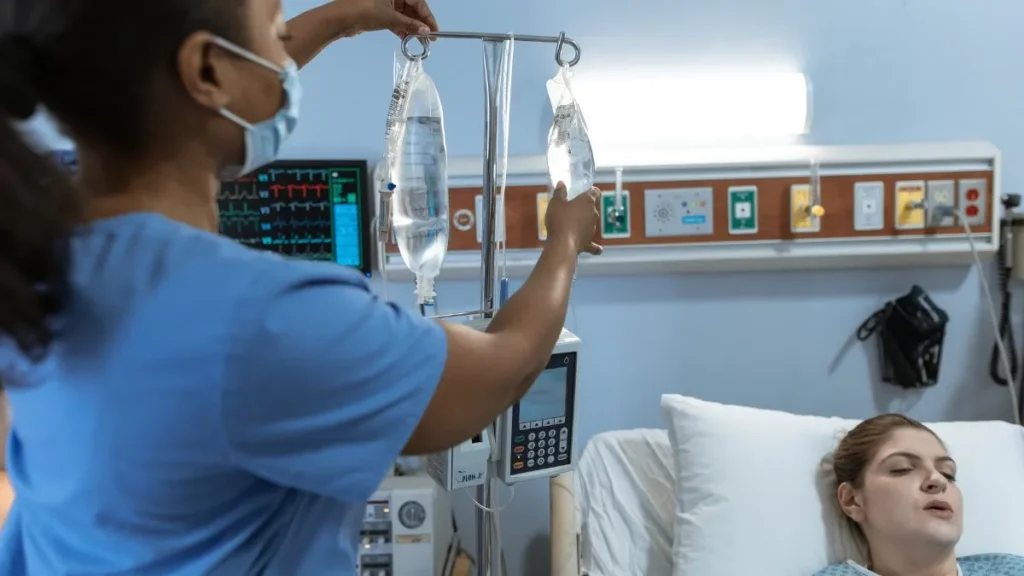
What to Expect During Nursing School Clinical Rotations
ResourcesClinical rotations are one of the most exciting and challenging parts of nursing school. They provide hands-on experience, bridging the gap between classroom learning and real-world nursing practice. For many students, clinicals are a chance to apply theoretical knowledge, develop essential skills, and discover their preferred specialties.
If you’re preparing for clinical rotations or are just curious about what to expect, this guide will walk you through everything you need to know—from the structure of clinical rotations to practical tips for success.
What Are Clinical Rotations?
Clinical rotations are a key component of nursing education, where students work in healthcare settings under the supervision of experienced nurses or clinical instructors. These rotations allow students to practice patient care, build confidence, and learn about various nursing specialties.
Common Settings for Clinical Rotations Include:
- Hospitals
- Long-term care facilities
- Community health clinics
- Rehabilitation centers
- Outpatient care facilities
Structure of Clinical Rotations
1. Orientation Phase:
At the start of clinical rotations, you’ll typically undergo an orientation session to familiarize yourself with the facility, policies, and expectations. This may include:
- Learning about patient privacy (HIPAA) regulations
- Understanding facility-specific procedures
- Meeting your clinical instructor and team
2. Core Skills Training:
You’ll practice essential nursing skills such as:
- Taking vital signs
- Administering medications
- Assisting with patient hygiene
- Documenting patient care
3. Specialty Rotations:
As you progress, you may rotate through different departments, such as:
- Medical-surgical units
- Pediatrics
- Obstetrics and gynecology
- Emergency departments
- Intensive care units (ICUs)
- Psychiatric units
Each rotation provides exposure to unique patient populations and nursing responsibilities.
4. Evaluation and Feedback:
At the end of each rotation, you’ll receive feedback from your clinical instructor. This helps you identify strengths and areas for improvement.
What to Expect Daily During Clinical Rotations
- Pre-Shift Preparation:
- Review your assigned patients’ charts and medical histories.
- Plan your nursing interventions based on patient needs.
- Morning Routines:
- Attend pre-shift meetings or “huddles” with the care team.
- Begin patient care tasks, such as administering medications or assisting with mobility.
- Hands-On Learning:
- Perform skills like wound dressing, catheter insertion, and IV management under supervision.
- Communicate with patients, families, and healthcare team members.
- Charting and Documentation:
- Accurately document patient care and progress.
- Use electronic medical record (EMR) systems, if applicable.
- End-of-Shift Reflection:
- Discuss your experiences with your instructor and peers.
- Reflect on challenges and successes to improve future practice.
Common Challenges During Clinical Rotations
- Time Management:
Juggling multiple patients and tasks can be overwhelming. Prioritization is key. - Performance Anxiety:
It’s normal to feel nervous about making mistakes. Remember, clinicals are a learning environment. - Emotional Strain:
Seeing patients in critical conditions can be emotionally taxing. Seek support from instructors or peers when needed. - Feedback Reception:
Constructive criticism is part of the learning process. Use it to grow and improve your skills.

How to Succeed During Clinical Rotations
1. Stay Organized:
- Keep a planner or digital calendar to track shifts, assignments, and deadlines.
2. Be Prepared:
- Familiarize yourself with your patients’ conditions and treatment plans before each shift.
3. Communicate Effectively:
- Ask questions when in doubt.
- Practice active listening with patients and healthcare professionals.
4. Build Relationships:
- Network with staff and fellow students to create a supportive environment.
5. Embrace Feedback:
- View constructive criticism as an opportunity to improve.
6. Prioritize Self-Care:
- Ensure adequate rest, nutrition, and stress management to stay focused during clinicals.
Tips for Making the Most of Clinical Rotations
- Explore Different Specialties: Use rotations to discover which nursing field aligns with your interests and strengths.
- Ask for Hands-On Opportunities: Don’t hesitate to request practice with procedures like starting IVs or performing assessments.
- Observe Experienced Nurses: Learn by watching how seasoned nurses interact with patients and manage challenges.
- Reflect on Your Experiences: Keep a journal to document lessons learned and moments of growth.
- Stay Positive: Clinical rotations are demanding, but maintaining a positive mindset can make the experience rewarding.
FAQs About Nursing School Clinical Rotations
Q: How long do clinical rotations last?
A: Clinical rotations typically last 6-12 weeks per specialty, depending on your program.
Q: Will I be paid during clinical rotations?
A: No, clinical rotations are part of your nursing education and are unpaid.
Q: What should I wear to clinicals?
A: Most programs require scrubs, comfortable shoes, and a watch with a second hand. Check your program’s dress code for specifics.
Q: Can I choose where I do my clinical rotations?
A: Clinical sites are usually assigned by your nursing program, though some may allow preferences based on interests.
Q: What if I make a mistake during clinicals?
A: Mistakes are a normal part of learning. Report them to your instructor immediately and use them as learning opportunities.
Final Thoughts
Clinical rotations are an essential part of nursing education, offering valuable hands-on experience and insights into the profession. While they can be challenging, proper preparation, a positive attitude, and a willingness to learn will help you succeed.
Remember, clinicals are not just about developing technical skills—they’re an opportunity to grow as a compassionate and competent nurse. Embrace every moment, ask questions, and take advantage of the guidance provided by your instructors and peers.
Let us know about your clinical rotation experiences or tips in the comments below!



